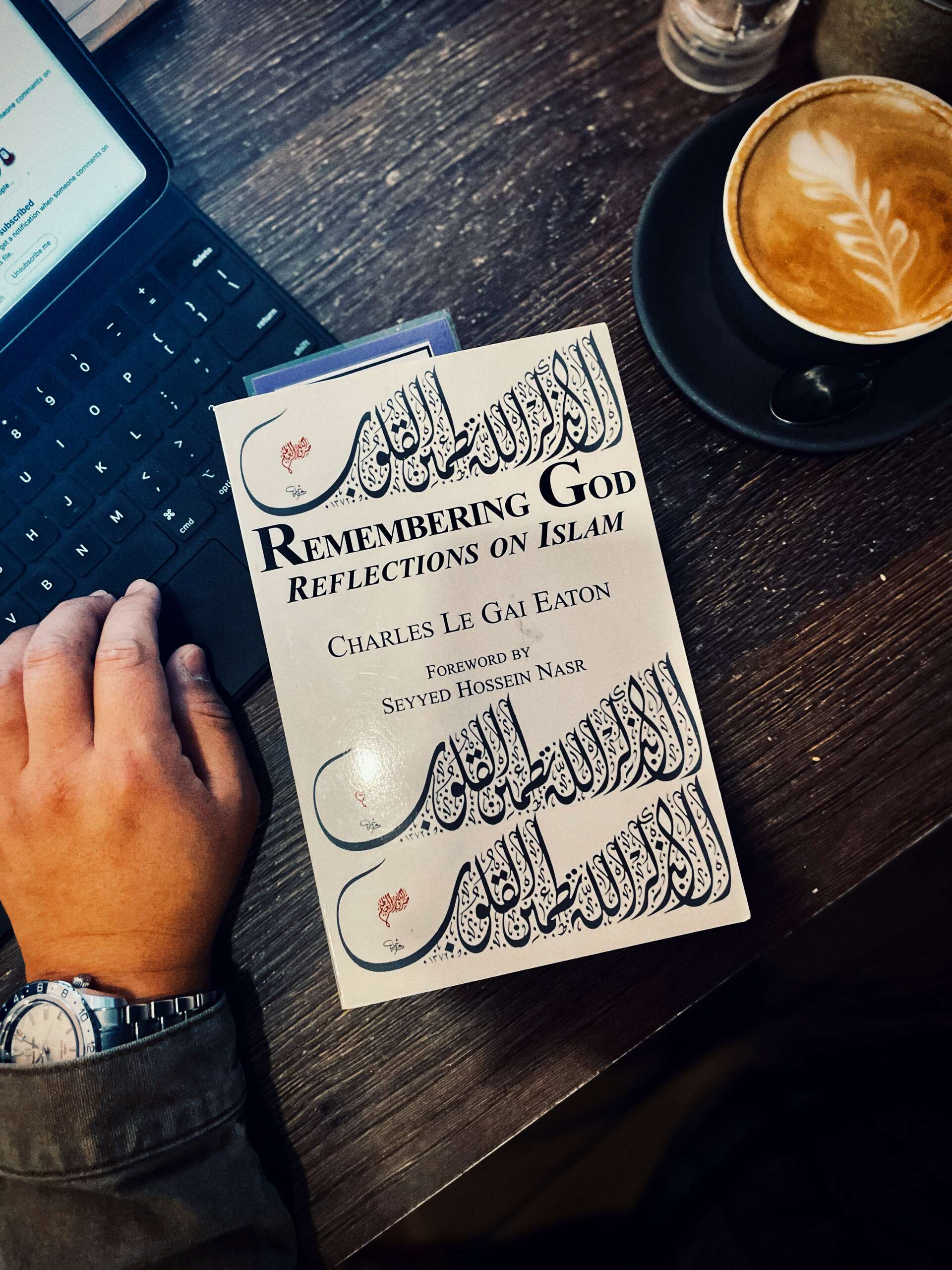
During the month of Muharram, my Friday khutbas were focused on lessons from the Hijrah of the Prophet. Of all the points I made, one caught the attention of many of the jamaah — the involvement of Asma' bint Abu Bakr in this critical mission in Islamic history. They were surprised to learn how women played pivotal roles in early Islam.
In fact, the first person to support the da'wah of the Prophet was his wife, Khadijah. And the most knowledgeable person in Islamic law after the Prophet passed away was his other wife, Aishah. Aishah later led an army in a battle — and no one, not a single Companion, used a religious argument against Aishah, telling her to stay home and play a more domestic role.
What happened since then and now, they asked. Now some masjids do not cater for women. Forget about women being part of the board of directors; they should feel lucky if they are given space in some back corner with horrible ventilation.
Many of what we see today are cultural developments rather than religious ones, and scholars would issue legal opinions based on the times they lived in. Many fatwas restricting women's participation could be traced back to the tumultuous decades of the Mongol attacks and early Crusades.
If we were to take away the rights Allah has given women, a segment of women would start demanding rights not granted to them by Allah. If we stop them from coming and participating in Masjids, some will start asking for the right to lead prayer and deliver khutbah. Every action will have an equal and opposite reaction.
Here's a quote from this fantastic book, Remembering God; Reflections on Islam by Charles Le Gai Eaton, who was a British diplomat in the 50s, about women in Islam,
"the Quran gives women rights which they did not gain until thirteen centuries later in the West. The most important of these was the married woman's right to keep control of her property, including, of course, the dowry paid over to her by her husband at the time of the wedding. It is only just over a hundred years since the British Parliament passed the Married Women's Property Act, which, for the first time, gave wives a degree of independence from their husbands."